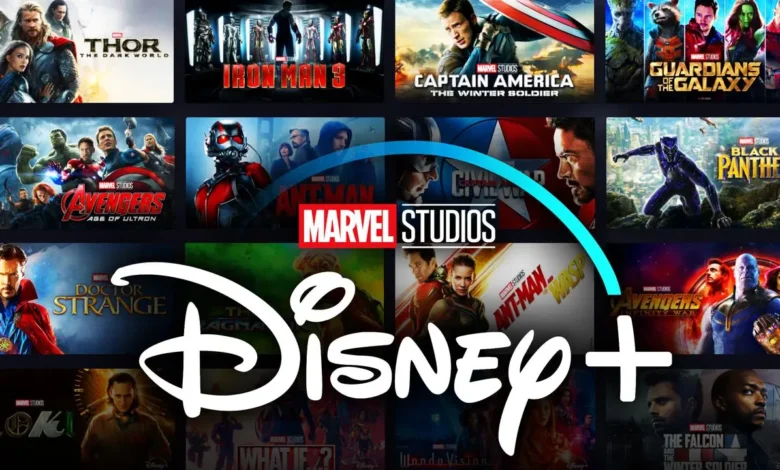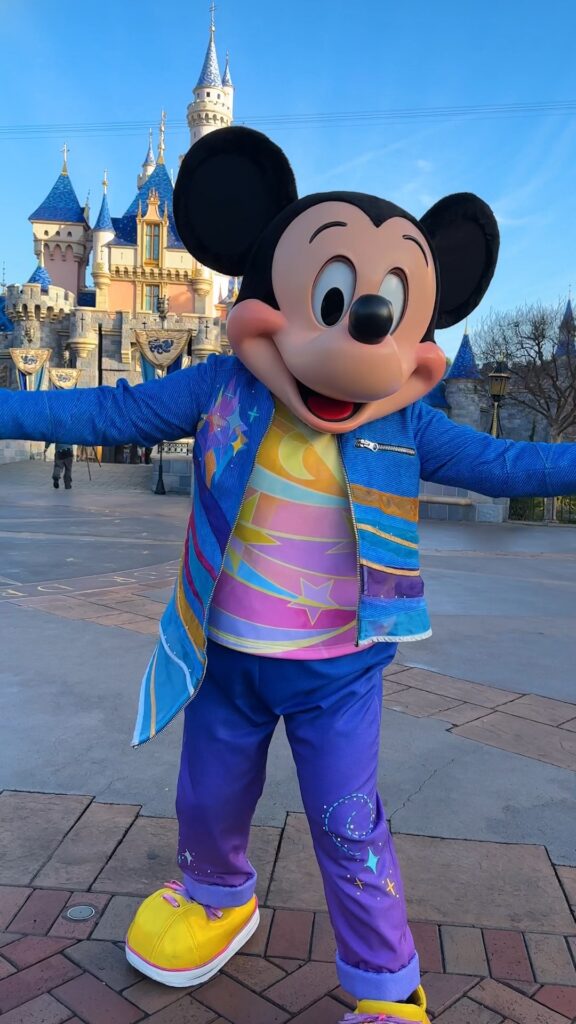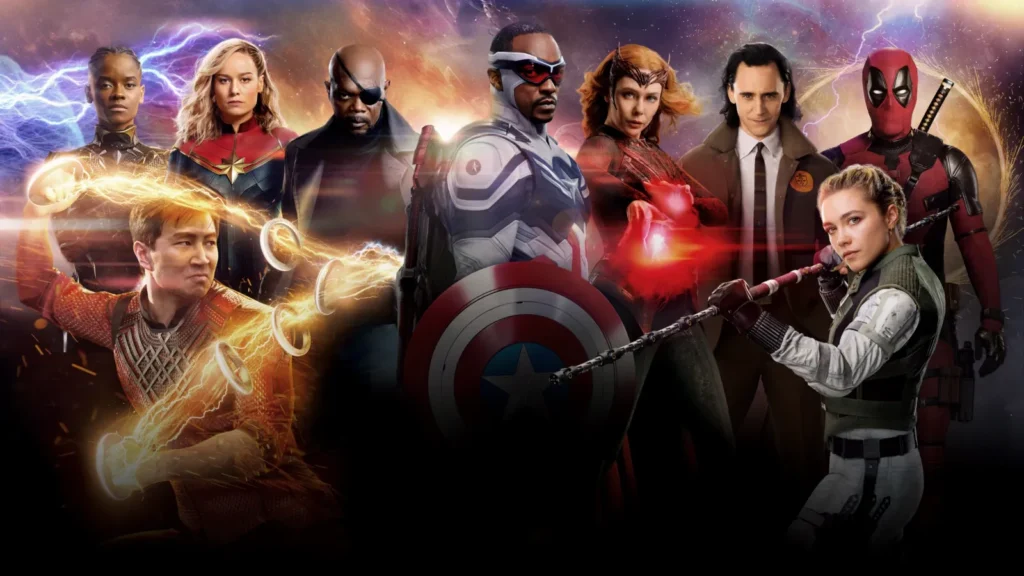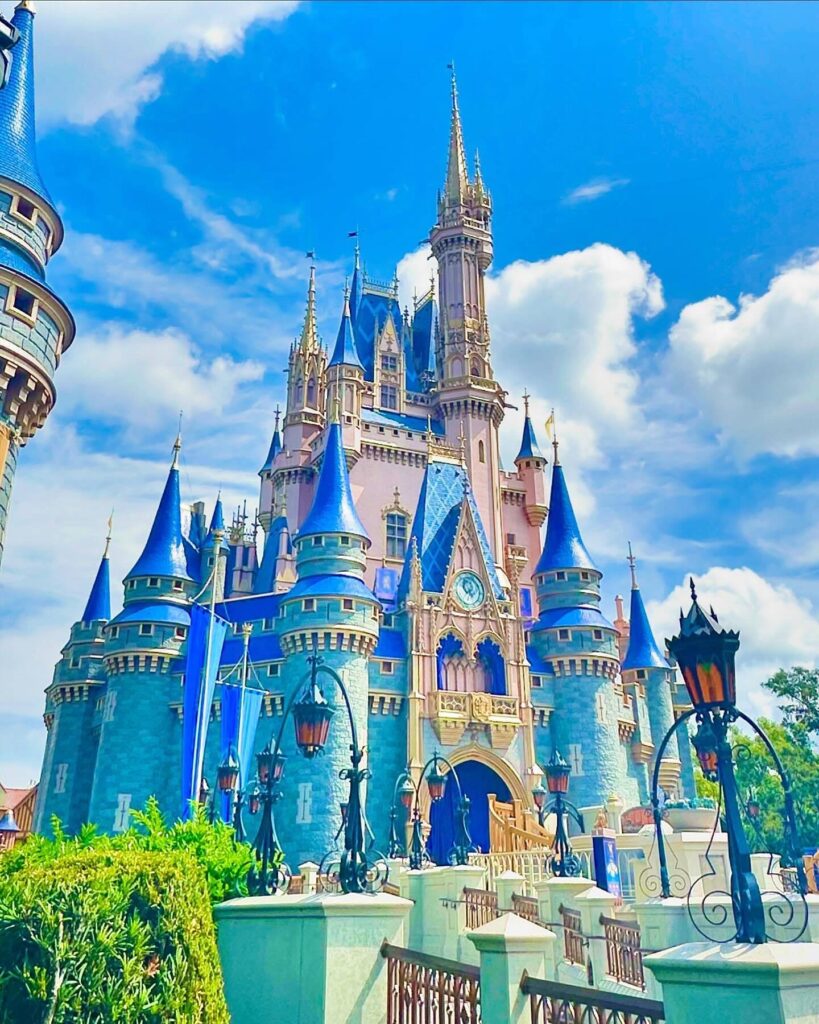Disney’s Masterclass in Brand Dominance: How a Visionary Company Built an Entertainment Empire

Disney’s Masterclass in Brand Dominance: How a Visionary Company Built an Entertainment Empire. Disney’s journey from a small animation studio to a global entertainment powerhouse is a story of vision, perseverance, and strategic innovation. What began as a modest venture by Walt and Roy O. Disney in 1923 has evolved into a cultural juggernaut that spans film, television, theme parks, and digital streaming. Through groundbreaking storytelling, bold business acquisitions, and an ability to adapt to changing consumer habits, Disney has not only defined the entertainment industry but also shaped generations of audiences worldwide. This article explores the key milestones and strategies that propelled Disney to its status as an unrivaled force in global entertainment.
The Birth of an Iconic Brand
When Walt Disney and his brother Roy O. Disney founded the Disney Brothers Studio in 1923, they had no idea they were laying the foundation for what would become one of the most powerful entertainment brands in history. What began as an animation studio producing silent cartoons quickly evolved into a cultural phenomenon, changing the way stories were told and experienced. Through innovation, strategic expansion, and an unrelenting commitment to quality, Disney transformed from a small animation studio into a global entertainment empire.

The Power of Storytelling and Innovation
From the very beginning, Disney set itself apart through groundbreaking storytelling and pioneering technology. In 1928, the release of Steamboat Willie introduced Mickey Mouse to the world, marking the first synchronized sound cartoon and setting the stage for Disney’s dominance in animation.
The 1937 release of Snow White and the Seven Dwarfs, the world’s first full-length animated feature film, was a massive gamble. Critics and skeptics labeled it “Disney’s Folly,” doubting that audiences would sit through a 90-minute animated film. Yet, it became a monumental success, earning over $8 million during the Great Depression and proving that animated films could be both commercially viable and emotionally resonant.
Theme Parks: A New Era of Immersive Entertainment
Disney’s vision extended far beyond animated films. In 1955, the company opened Disneyland in Anaheim, California—a revolutionary concept that brought beloved characters and stories to life in a fully immersive theme park experience. This expansion into physical entertainment allowed Disney to deepen its emotional connection with audiences and create a multi-revenue stream business model.
Over the decades, Disney expanded its theme park empire globally, opening resorts in Florida, Tokyo, Paris, Hong Kong, and Shanghai. Each location was carefully adapted to its local market, integrating cultural nuances while maintaining Disney’s signature magic.

Acquisitions and Strategic Growth
One of Disney’s most significant growth strategies has been its acquisitions. Rather than relying solely on its in-house content, Disney expanded by acquiring powerhouse brands:
- Pixar (2006): Strengthened its animation division with hits like Toy Story and Finding Nemo.
- Marvel (2009): Transformed into a superhero juggernaut, launching the billion-dollar Marvel Cinematic Universe (MCU).
- Lucasfilm (2012): Gained Star Wars and Indiana Jones, reviving and expanding these legendary franchises.
- 21st Century Fox (2019): Expanded its content library with The Simpsons, Avatar, and more, enhancing its streaming capabilities.
These acquisitions allowed Disney to dominate not just animation but also live-action films, television, merchandise, and streaming services.
The Streaming Revolution: Adapting to Digital Disruption
Recognizing the shift in media consumption, Disney launched Disney+ in 2019, entering the highly competitive streaming market. With exclusive access to its vast content library and major franchises, Disney+ quickly gained millions of subscribers, proving that the company could adapt to digital disruption and changing consumer habits.

Overcoming Challenges and Reinventing the Brand
Despite its success, Disney has faced significant challenges, from economic downturns to leadership transitions. The COVID-19 pandemic forced the temporary closure of its theme parks and delayed film releases. Yet, Disney adapted by prioritizing its streaming services, restructuring operations, and implementing new safety measures for park reopenings.
The ability to pivot in the face of adversity and continuously reinvent itself has been a key factor in Disney’s longevity.
Lessons for Entrepreneurs
Disney’s journey offers valuable insights for entrepreneurs:
- Embrace Innovation: Stay ahead by leveraging new technology and storytelling techniques.
- Diversify Revenue Streams: Don’t rely on a single product—explore multiple avenues for growth.
- Invest in Brand Loyalty: Disney’s emotional connection with its audience fuels long-term success.
- Adapt to Change: Flexibility in the face of challenges ensures resilience and sustainability.
- Think Globally: Expanding into new markets with cultural sensitivity strengthens brand influence.

Conclusion: A Legacy That Continues to Grow
Disney’s transformation from a small animation studio into a global entertainment powerhouse is a testament to vision, strategy, and relentless innovation. By consistently evolving and expanding while staying true to its core storytelling principles, Disney has not only shaped the entertainment industry but also set the gold standard for building an iconic brand. As the company continues to innovate with streaming, theme parks, and new content, its legacy remains an inspiration for businesses and entrepreneurs worldwide.




